22 Essential Tips To Help Your Dog Live Longer

Ensuring your furry friend’s longevity involves a blend of love, care, and attention to their physical and mental well-being.
Dogs, much like humans, thrive on a balanced routine encompassing diet, exercise, and social interaction.
By incorporating these simple strategies into your daily routine, you can help ensure your beloved pet enjoys not only a longer life but a healthier and happier one too.
1. Ear Care
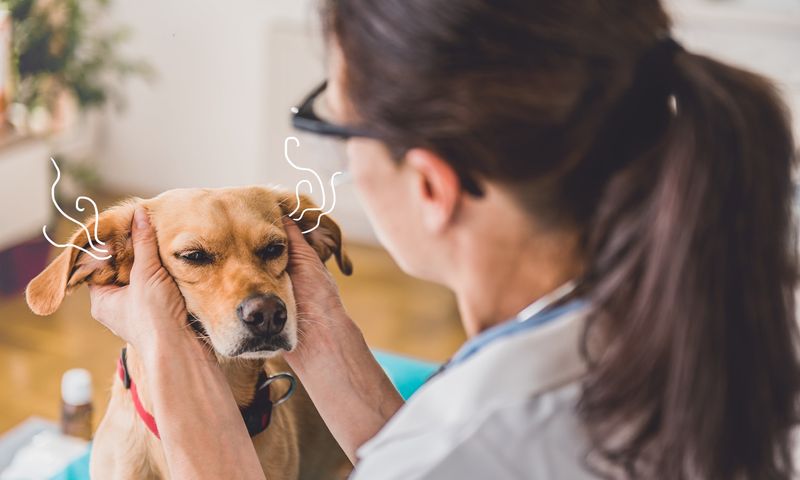
Regular ear cleaning is essential to prevent infections and discomfort in your dog. Some breeds, especially those with floppy ears, are more prone to ear infections due to moisture and debris buildup.
Checking and gently cleaning your dog’s ears regularly can prevent common issues like ear mites, bacteria, or yeast infections.
Be sure to use pet-safe cleaning solutions and consult your vet if you notice any signs of discomfort, like itching or redness.
Proper ear care ensures your dog stays healthy and happy, preventing unnecessary pain and medical bills.
2. Regular Vet Check-Ups
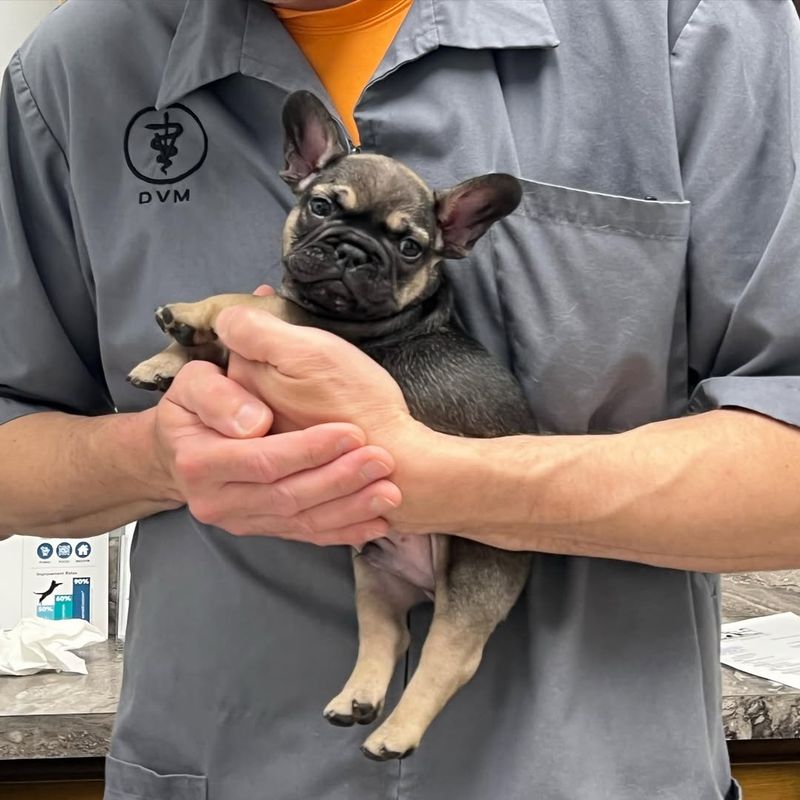
Regular vet check-ups are key to keeping your dog healthy and catching any issues before they become bigger problems.
These visits allow your vet to perform wellness exams, vaccinations, and check for any signs of illness. Early detection can lead to quicker, more effective treatment, which means a healthier pup overall.
Plus, establishing a good relationship with your vet helps make those visits less stressful for both you and your dog.
Stay on top of these check-ups, and your dog will thank you with many happy, healthy years ahead!
3. Daily Exercise

Daily exercise is a must for keeping your dog both physically fit and mentally happy! It helps with weight control, lifts their mood, and keeps boredom at bay.
Whether it’s a walk, a fun game of fetch, or a hike, exercise is also a great bonding experience.
Mix it up with activities like swimming or agility training to keep things exciting, and always make sure to give your dog breaks and plenty of water.
Just remember, balance is key – tailor the intensity to their age, breed, and health to keep them safe while staying active!
4. Mental Stimulation
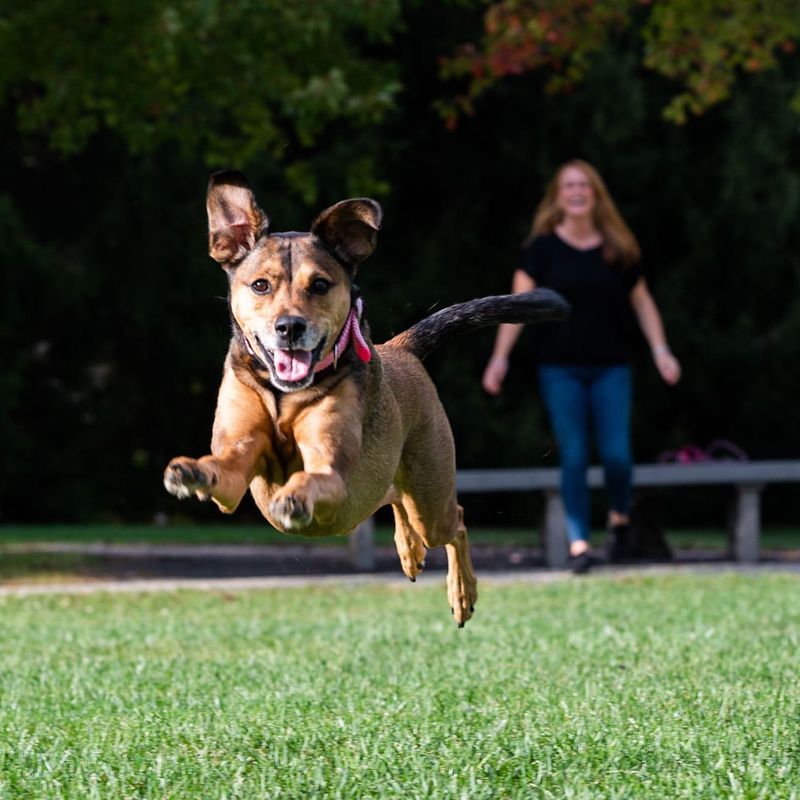
Mental stimulation is just as important as physical exercise for your dog’s well-being! It helps reduce stress, curb bad behaviors, and keeps your dog happy.
Try puzzles, new training tricks, or interactive toys to keep their brain active. Changing up your routine, like playing hide and seek or exploring new walking routes, can make a big difference.
Remember, every dog is different, so pay attention to what keeps them engaged and adjust activities to keep their minds sharp and satisfied!
5. Maintain Healthy Weight
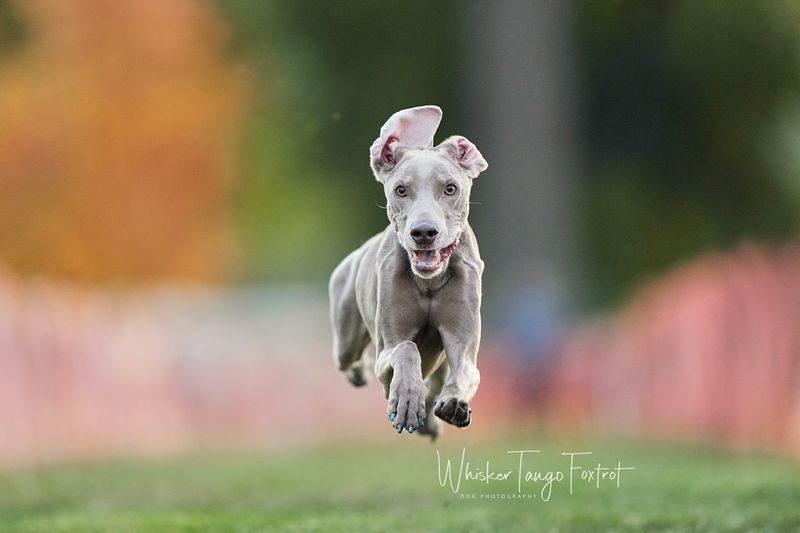
Keeping your dog at a healthy weight is one of the best ways to ensure they live a long and happy life!
Obesity can lead to serious issues like diabetes, heart disease, and arthritis, so regular weight checks are key.
Work with your vet to find the right weight for your dog’s breed and age, and watch those treat portions!
Tracking their weight helps catch any issues early, and small adjustments can make a big difference. A healthy weight means a happier, more active dog and a longer life to enjoy!
6. Regular Vaccinations
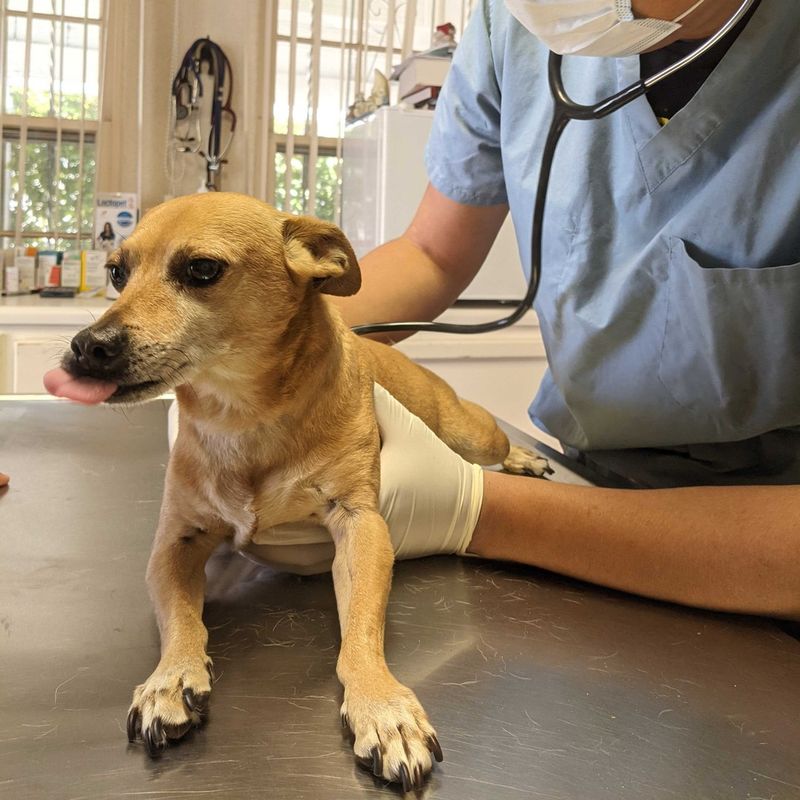
Keeping your dog’s vaccinations up-to-date is one of the easiest ways to keep them healthy and safe!
Vaccines protect your pup from serious diseases like rabies, parvovirus, and distemper—some of which can be life-threatening.
Work with your vet to create a vaccination schedule based on your dog’s age, breed, and lifestyle.
These shots don’t just protect your dog, but also help prevent the spread of diseases to other pets and even people.
Regularly checking your dog’s vaccination status gives you peace of mind and helps ensure they live a long, healthy life!
7. Balanced Diet

Feeding your dog a balanced diet is one of the best ways to keep them healthy and happy for years to come!
A mix of proteins, healthy fats, carbs, and all the good vitamins and minerals will keep them energized and feeling their best.
Skip the processed foods and table scraps—they might seem tempting, but they can lead to health issues down the road.
Talk to your vet to figure out the perfect diet for your dog’s age, weight, and energy level. And don’t forget—fresh, clean water is key to keeping them hydrated and their body running smoothly!
8. Stress-Free Environment

Creating a stress-free environment for your dog is key to keeping them happy and healthy.
Stress can lead to unwanted behaviors like excessive barking or chewing, so it’s important to provide a calm, safe space where they can unwind.
Stick to a consistent routine to help them feel secure, and use positive reinforcement to build their confidence.
For extra help, consider calming aids like pheromone diffusers or soothing music during stressful times like storms.
A stress-free environment boosts their well-being and strengthens your bond, ensuring a longer and happier life together.
9. Dental Care

Taking care of your dog’s teeth is a game-changer for their health and longevity! Dental issues can lead to serious problems like heart and liver disease, so regular brushing is a must.
Start slow with pet-friendly toothpaste and make it a positive routine with treats and praise. Don’t forget to get professional cleanings now and then and offer dental chews to help keep tartar at bay.
A healthy mouth means fresher breath and a happier, healthier dog overall!
10. Hydration
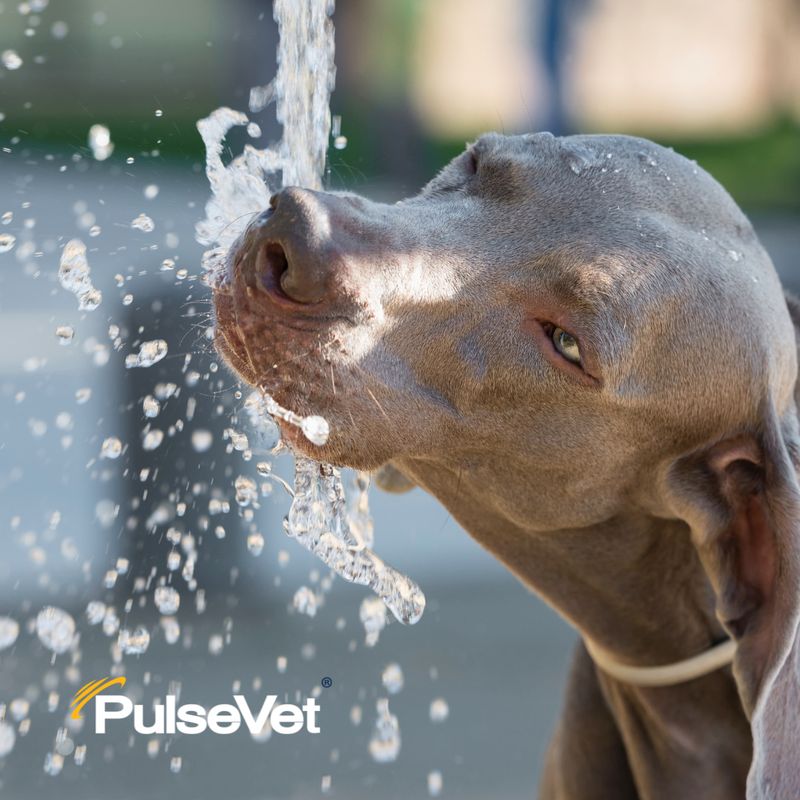
Keeping your dog hydrated is crucial for their overall health and well-being.
Water helps with digestion, nutrient absorption, and temperature regulation, so always ensure they have access to fresh water throughout the day.
On hot days or after exercise, your dog may need extra hydration, so keep an eye on their water intake. If your dog isn’t a big drinker, try offering ice cubes or adding a bit of broth to make it more appealing.
A hydrated dog is a healthy, happy dog, so make hydration a top priority in their daily routine!
11. Limit Treats
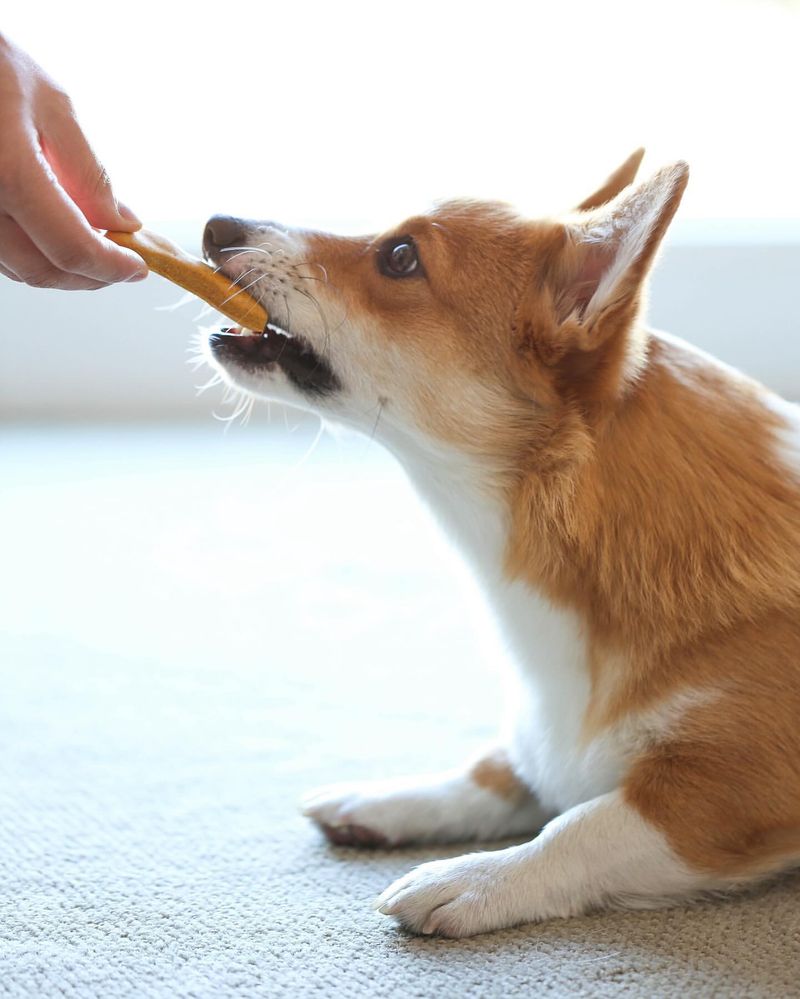
Treats are a fun way to reward your dog, but it’s important to keep them in check. Too many treats can lead to obesity, dental issues, and even nutritional imbalances.
Aim to keep treats to no more than 10% of your dog’s daily calories, and opt for healthier, low-calorie options like apples or carrots.
Use treats wisely to reinforce good behavior and training while keeping portion sizes in mind. By managing treats, you’ll help your dog stay healthy, happy, and active for years to come!
12. Quality Time Together
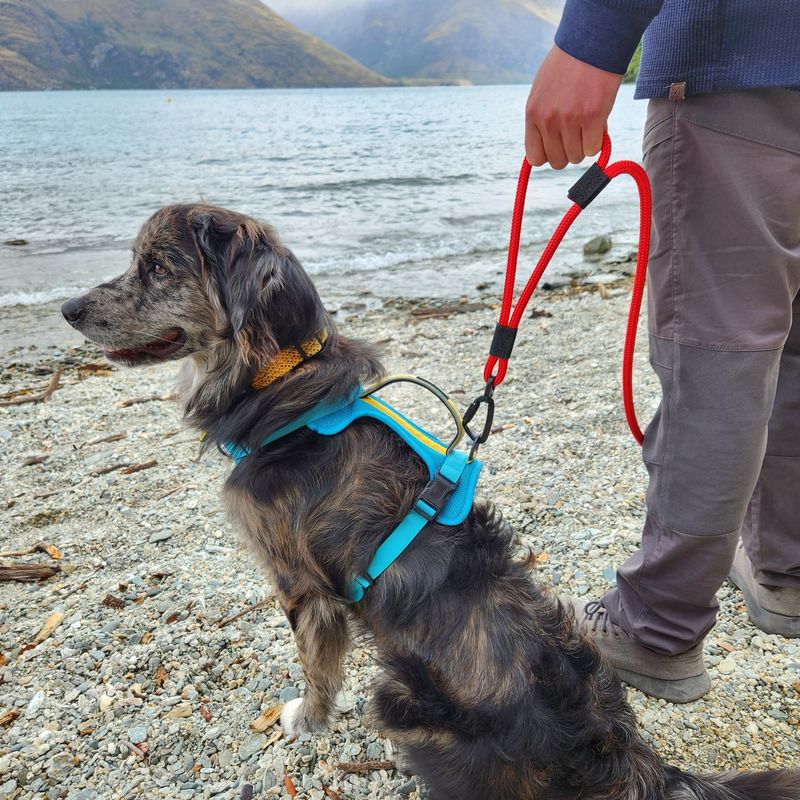
Spending quality time with your dog is essential for their happiness and well-being.
Dogs are social creatures who thrive on companionship, and whether you’re playing fetch, going for hikes, or just relaxing together, these moments strengthen your bond.
Engaging in activities your dog loves gives them both physical and mental stimulation, helping to reduce stress and anxiety.
Regular playtime is a great way to show your dog love and provide the emotional support they need to flourish.
13. Safe Socialization

Proper socialization is crucial for your dog’s mental well-being and behavior. Regularly exposing your dog to new people, environments, and other dogs can help prevent anxiety, fear, and behavioral issues.
Gradual introductions to unfamiliar situations, combined with positive reinforcement, can improve their confidence and social skills.
Social dogs are happier and more well-adjusted, so take time to ensure they experience a wide range of social opportunities in a safe, controlled manner.
Early and ongoing socialization is key to a balanced, happy pet.
14. Avoid Harmful Exposures
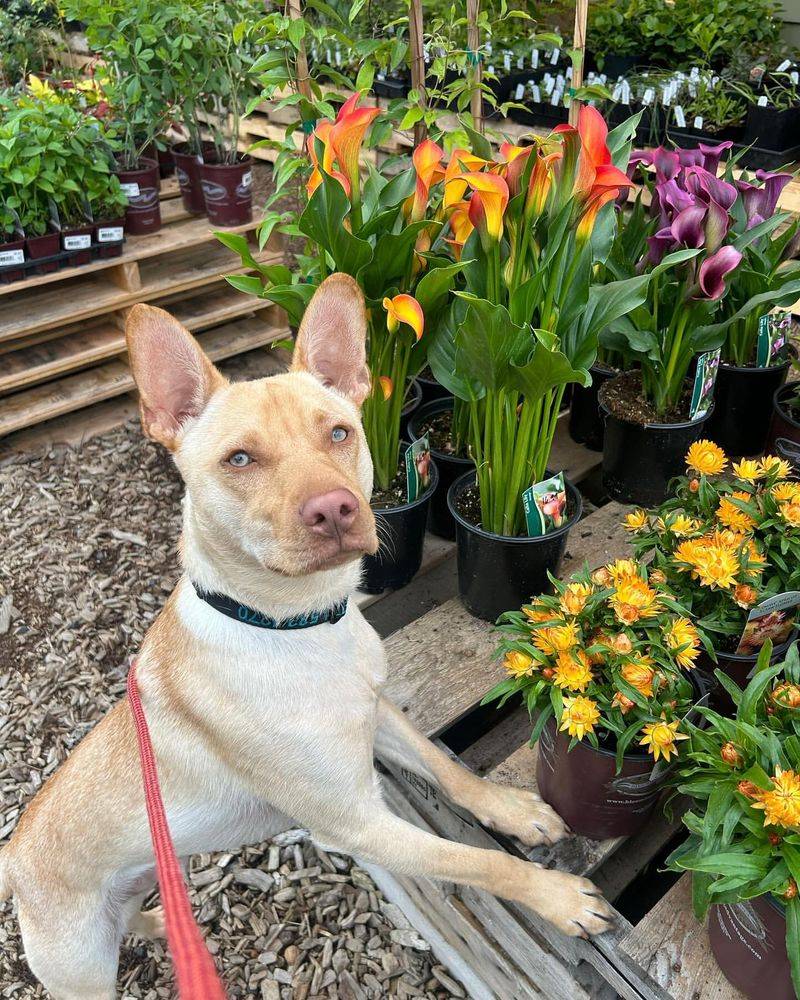
Keeping your dog safe means being mindful of potential dangers around them. Household chemicals, human medications, and toxic plants can be harmful, so make sure these are kept out of reach.
Always check your yard for hazards like sharp objects or holes that could cause injury. While walking, use a leash and harness to keep your dog safe from traffic or harmful substances.
By staying vigilant and proactive, you can minimize risks and help your dog live a longer, healthier life!
15. Basic Obedience Training
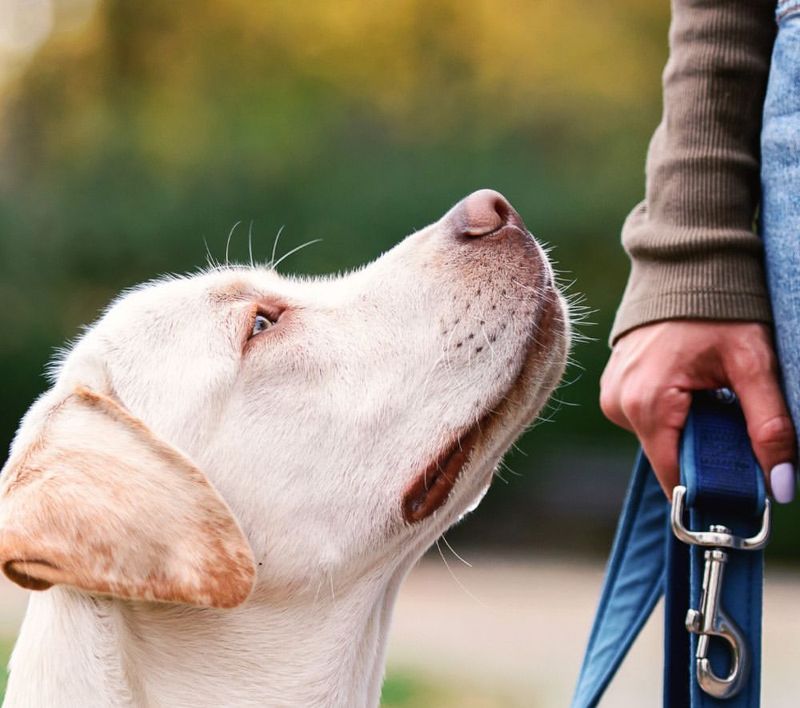
Basic obedience training is key to your dog’s safety and happiness. Teaching commands like sit, stay, and come not only prevents dangerous situations but also strengthens your communication with your pet.
Training provides mental stimulation and deepens your bond with your dog. Starting early is ideal, but dogs of all ages can benefit from training, so don’t hesitate to begin.
Keep sessions consistent, fun, and rewarding with treats and praise, and watch your dog thrive while living a longer, more fulfilling life.
16. Quality Sleep

Quality sleep is just as important for your dog as it is for you! It helps them recharge, process memories, and keep their emotions in check.
Create a comfy, quiet space with a bed that suits your dog’s needs, whether soft or firm. Stick to a consistent sleep schedule to help them rest easy and feel refreshed.
A good night’s sleep isn’t just about comfort – it’s essential for your dog’s well-being and longevity!
17. Prevent Parasites

Keeping your dog free from parasites like fleas, ticks, and worms is key to their overall health. These pesky invaders can cause everything from minor itching to serious issues like Lyme disease or anemia.
Regularly check your dog, especially after outdoor play, to catch any parasites early. Make use of vet-approved treatments, like oral meds, topical solutions, or collars, to protect your dog from these risks.
Don’t forget to keep their living space clean and groom them regularly to help prevent infestations—simple steps that will keep your pup happy and healthy for years!
18. Comfortable Resting Area

A cozy, quiet resting spot is crucial for your dog’s physical and emotional well-being. It gives them a peaceful place to unwind and escape from the hustle and bustle of daily life.
Pick a calm area, away from noise, and use soft bedding to support their joints. Some dogs might prefer a den-like, enclosed space for extra comfort.
Keeping their resting area clean and inviting ensures they get the rest they need for a longer, happier life!
19. Weather Protection

Protecting your dog from extreme weather is essential for their well-being.
Whether it’s too hot or too cold, they can suffer from the conditions. In the cold, make sure they have a warm space indoors, and consider adding a sweater or coat for short-haired breeds on walks.
When it’s hot, provide plenty of shade and fresh water, and avoid exercising during the hottest parts of the day.
Keep a close eye on your dog’s behavior and adjust their environment to keep them comfortable and safe all year round!
20. Monitor Behavior
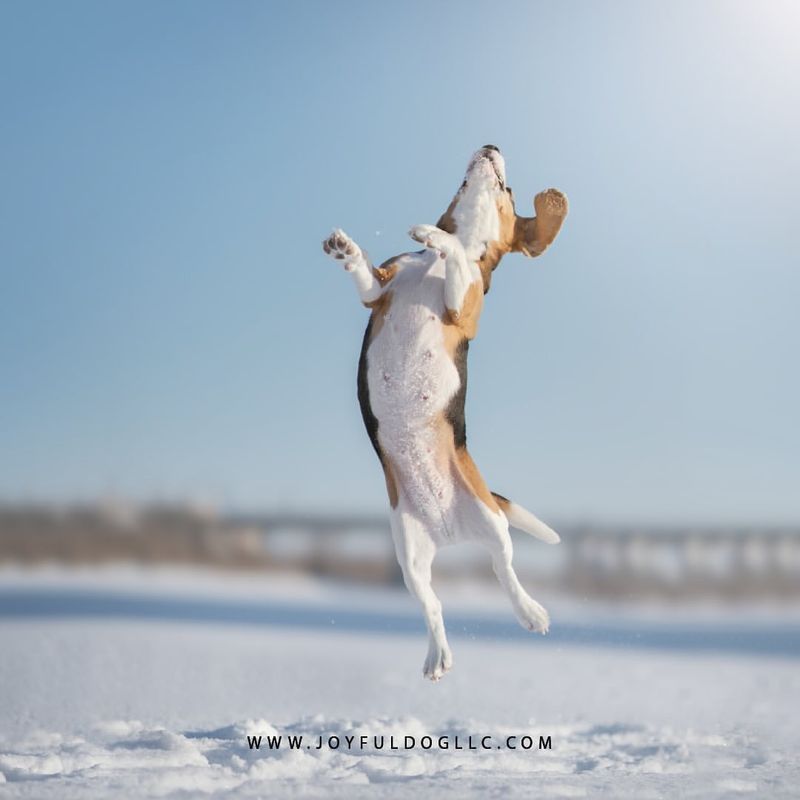
Paying close attention to your dog’s behavior is key to catching any health issues early. Changes in things like appetite, energy, or how they interact with others can be signs something’s off.
By staying engaged with your dog’s daily routine, you can notice subtle shifts that might indicate a problem. If you spot anything unusual, don’t hesitate to reach out to your vet.
Keeping track of these changes in a journal can help spot patterns and ensure your dog gets the care they need for a longer, healthier life!
21. Joint Health Support

As your dog gets older, supporting their joint health becomes more important to keep them comfortable and active.
Joint issues can cause pain and limit mobility, but supplements like glucosamine and chondroitin can help maintain cartilage and reduce discomfort.
Low-impact activities like swimming or short walks are great for strengthening muscles without straining their joints.
Make sure they have a comfy, supportive bed to rest on and avoid overexerting them. Regular vet visits will help track joint health and adjust their care, ensuring your dog stays happy and mobile for years to come!
22. Groom Regularly
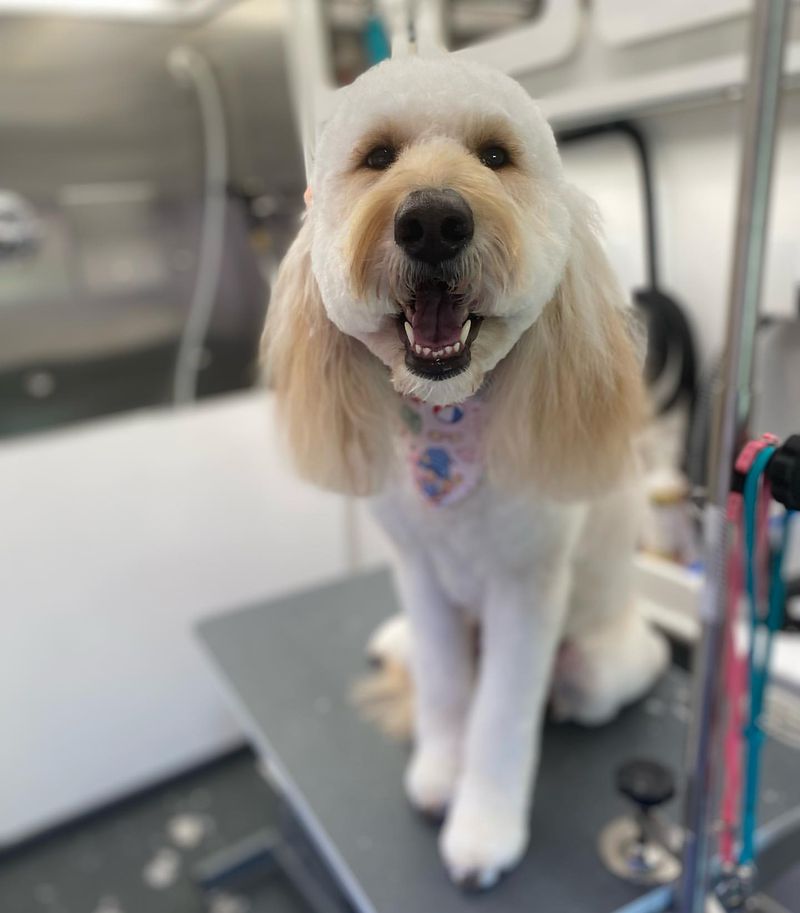
Grooming your dog is about more than just keeping them looking good—it’s an essential part of their health routine.
Regular grooming helps remove dirt, loose hair, and mats, and it gives you a chance to check for any issues like lumps or parasites.
Bathing with pet-safe products and brushing helps keep their coat shiny and skin healthy. Don’t forget to trim their nails, clean their ears, and brush their teeth to prevent discomfort or infections.
By making grooming a regular habit, you’ll not only keep your dog looking great but also help them live a longer, healthier life.






